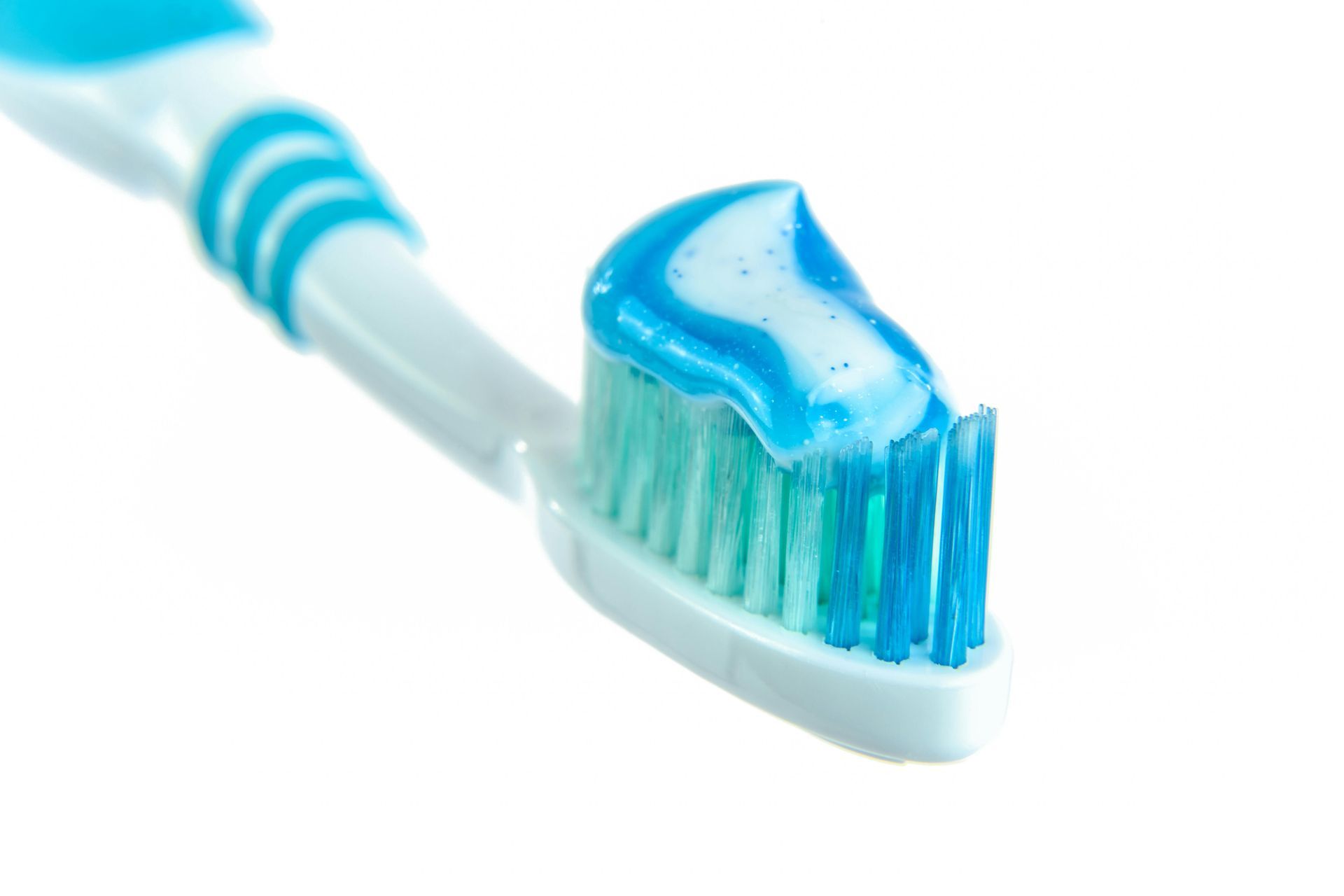Should You Buy Dental Insurance? Is It A Value to You?
What to consider when purchasing dental insurance

If you're under 65 and don’t get dental insurance through your job, you might be wondering whether it’s worth buying your own dental plan. The truth? It depends on your dental health, budget, and how comfortable you are with unexpected out-of-pocket costs. Here's how to decide what's best for you.
(More information on dental insurance is available on our website at www.benefitsbydesignca.com on the Dental Insurance tab.)
Why Dental Insurance Isn't Always a No-Brainer
Roughly one in four Americans has no dental coverage, and many who do have it get it through their employer. When you’re on your own, you might pay $20 to $80 a month in premiums for a plan with a $1,000–$2,000 annual cap. That may not go far if you need a crown or root canal. And if you only need cleanings and occasional X-rays, you might actually spend more with insurance than without.
But there are good reasons to buy coverage:
· You’ve had big dental bills before and want predictable costs.
· You're likely to need major dental work.
· You avoid the dentist unless you have insurance.
What to Know Before You Shop
Marketplace Plans: If you’re shopping through the ACA Marketplace, dental insurance is available as a stand-alone plan or bundled with your health coverage. Typically, they would be purchased at the same time you buy or renew your health insurance. These come in two coverage levels:
· High coverage: Higher monthly premiums, but lower out-of-pocket costs.
· Low coverage: Lower premiums, but you pay more when you get care.
Private Plans: If you’re not buying through the ACA Marketplace, you can still shop for dental insurance directly from private insurers like Delta Dental, Ameritas, Met Life, Guardian, and others.
At Benefits by Design, we also recommend you consider buying dental insurance from your health plan for ease of administration and having it through a company you are already familiar with.
These private plans typically fall into two main types:
1. DHMO (Dental Health Maintenance Organization)
- · Usually the least expensive option in terms of monthly premiums
- · Requires you to use a specific network of dentists, and usually one primary dental office
- · Services may require referrals and pre-approval
- · No out-of-network coverage, so flexibility is limited
- · Often no deductible or annual maximum, which is a plus for basic, predictable care
- · Best for: People who are okay sticking with one dentist and want low upfront costs for routine care.
2. DPPO (Dental Preferred Provider Organization)
- · Offers more freedom to choose your dentist, including out-of-network providers
- · Typically comes with higher monthly premiums and an annual benefit cap
- · You’ll pay less when you use in-network providers, but still have flexibility
- · Most plans include a deductible and some cost-sharing for services like fillings or crowns
- · Best for: People who want to keep their current dentist or need flexibility for specialty dental work.
Compare Before You Commit
Here’s what to look for when comparing plans:
· Monthly premiums
· Deductibles ($50–$100 typical)
· Annual limits (most capped at $1,000–$2,000)
· Coinsurance (what percentage of costs you pay after the deductible)
· Waiting periods for major services
· Provider network size
Bottom line: If dental insurance makes you more likely to get preventive care, it may pay for itself. But if your teeth are healthy and your needs are low, self-pay and savings options might work better.
Need help researching options? We are here to help you choose the plan (or strategy) that works for your health, your needs, and your budget. There’s no cost to have a conversation with us.
San Diego Office: 760-696-3573
Marin County Office: 415-524-8959
Email: admin@benefitsbydesignca.com
Website: www.benefitsbydesignca.com
#healthinsurancebrokerCarlsbad #healthinsurancebrokerMarin #healthinsurance
#savemoneyonhealthinsurance #askpam #dentalinsurance #dentalinsurancebroker
Sources:
Consumer Reports
MouthHealthy.org (American Dental Association)
Healthcare.gov Website










